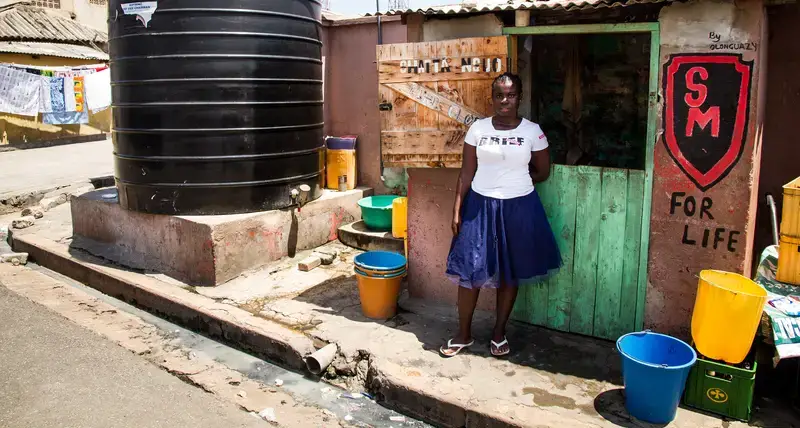Since 2016 UN-Habitat has supported the government of Argentina in the implementation of the global agendas, #2030Agenda and the #NewUrbanAgenda. UN-Habitat’s technical assistance has helped define the National Urban Policy for Argentina, organize the first National Urban Forum, and strengthen the National Urban Observatory. By doing so UN-Habitat has contributed to foster a collaborative and knowledge-based approach towards more inclusive and sustainable cities.
Country: Overview
Country: Overview
Country: Overview
Impact
Country: Impact and Urban Numbers
357 participants from 18 provinces and 75 local governments participated in the first National Urban Forum that took place in the Province of Mendoza in June 2017.
Over 70 people, coming from civil society organizations, the private sector, academia, UN agencies and development banks, and the government, took an active part in shaping the National Urban Policy
Urban numbers
Country: Impact and Urban Numbers
The housing deficit reaches 4.100.000 households, where 2.700.000 corresponds to qualitative deficit and 1.300.000 to quantitative deficit (2010).
16% of houses lack drinkable water and 45% sanitary sewer (2016).
17% of the population face lack of tenure security (2016).
Challenges
Argentina is a highly urbanized country. Out of a total estimated population of about 44.500.000 for 2018, more than 92% live in urban areas. However, 47.6% of the country’s urban population is concentrated in only 8 agglomerations with a predominance of the Metropolitan area of Buenos Aires. Due to poor planning, urban growth was disorganized and lead to urban sprawl, low density and often lack of infrastructure. Around 12.000.000 people live in vulnerable areas.
The way in which cities have developed led to a deficient mobility scheme, strong inequalities regarding land access, and a productivity system that has had important impacts on the natural resources. Although the consequences affect the entire population, they do affect stronger those that are the most in need.
Country Beneficiaries

"The National Urban Policy for Argentina is a tool that sets the basis for sustainable urban development for the next 20 years. It is the result of a long process that we undertook with UN-Habitat’s team, which included consultation with multiple sectors such as the academia, civil society, international organizations and the private sector and a strong focus on building consensus. Now we have a clear vision: for 2040 we aim for a country with territorial balance and liveable, safe, resilient and sustainable cities based on institutional and normative frameworks and with solid financial mechanisms."
Marina Klemensiewicz, Secretary of Urban Infrastructure
Donors and partners
The success of our work in Argentina relies on successful partnerships, particularly with national authorities. For the last two years UN-Habitat has been involved with the Ministry of Interior, Public Works and Housing. The agency has also developed partnerships with the Government of the City of Buenos Aires. Our work in Argentina led us to interact with multiple actors coming from the Academia, Civil Society Organizations and the Private Sector, becoming part of a network of active actors pushing the urban agenda and working to foster more sustainable and resilient cities.
